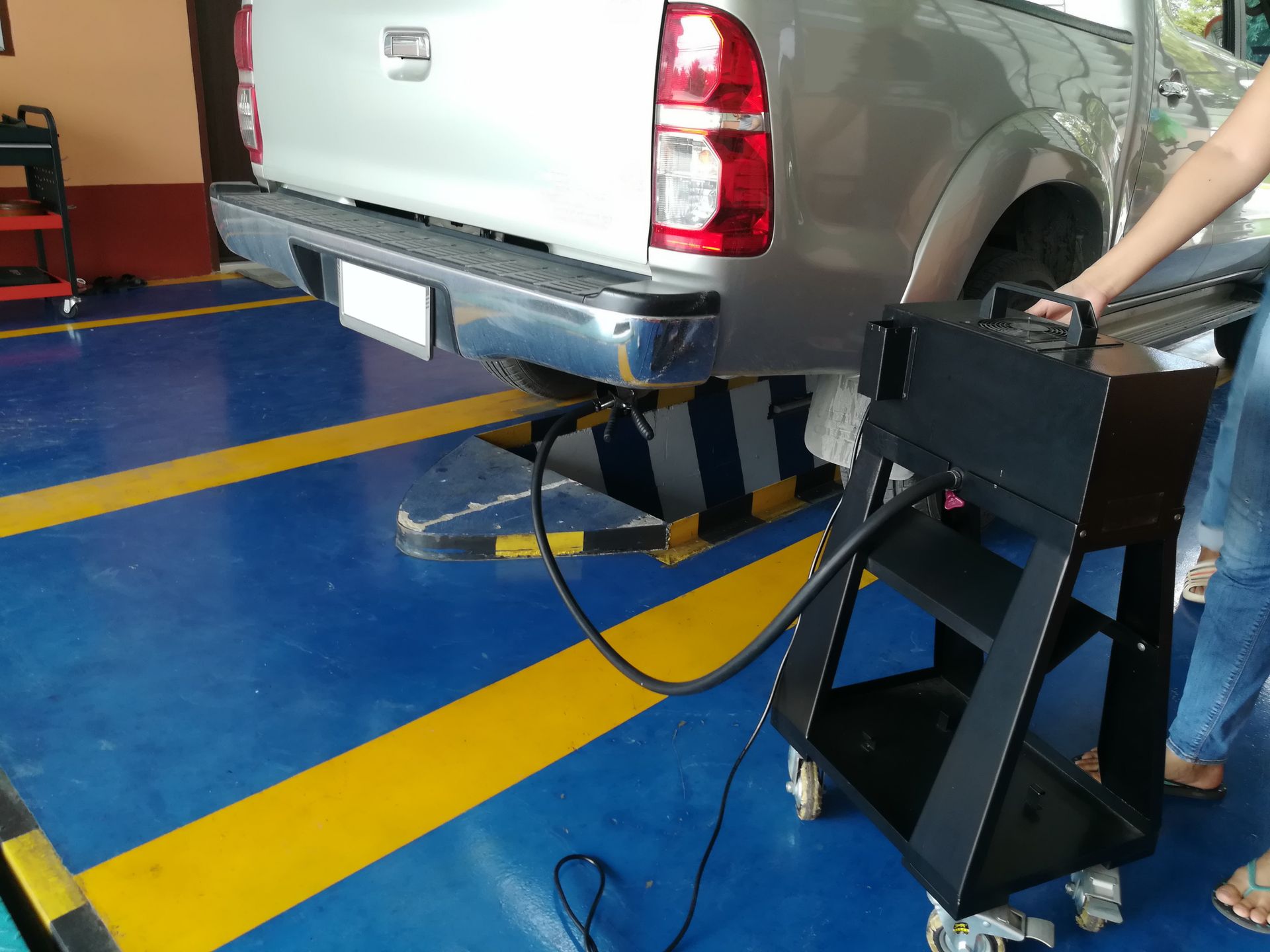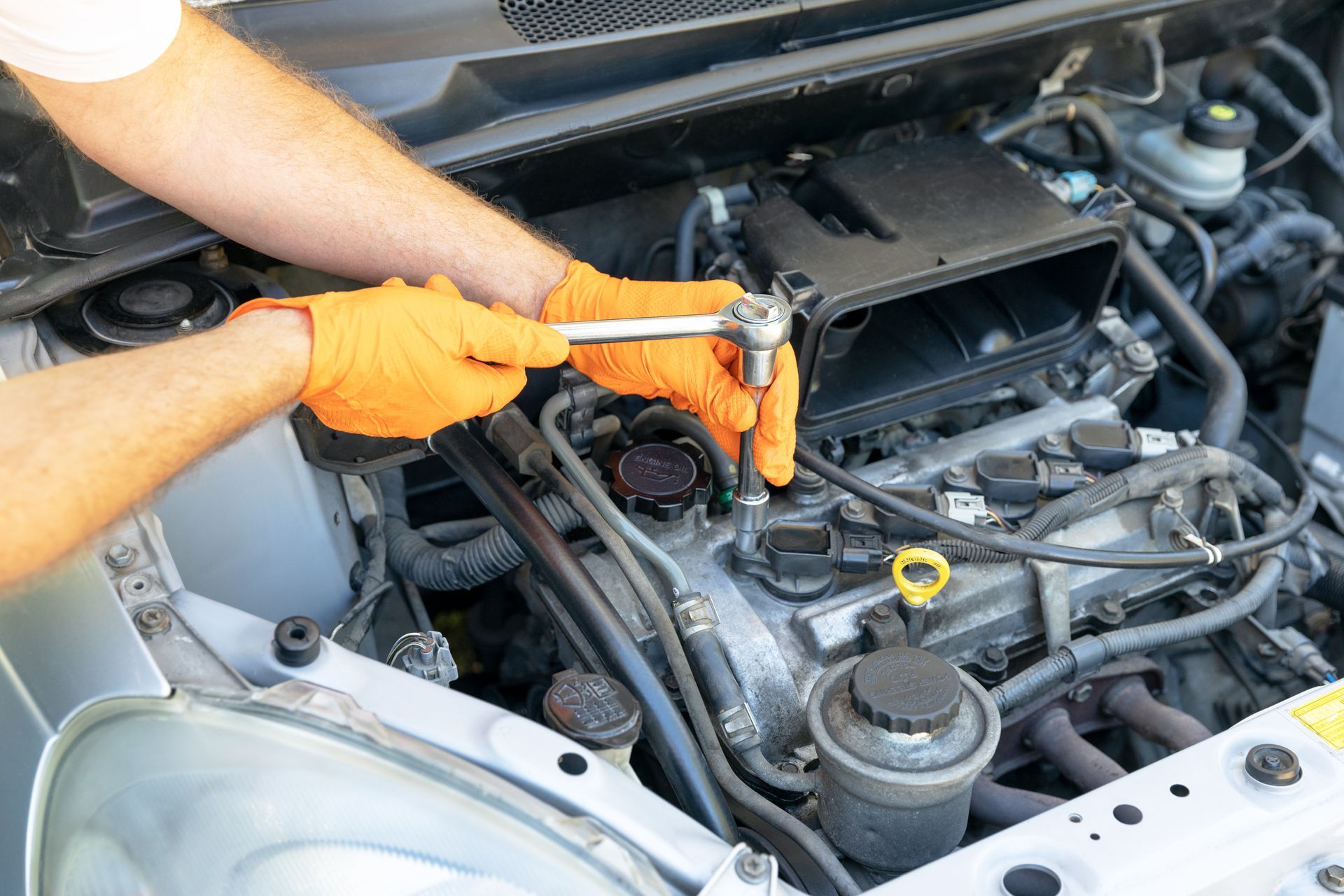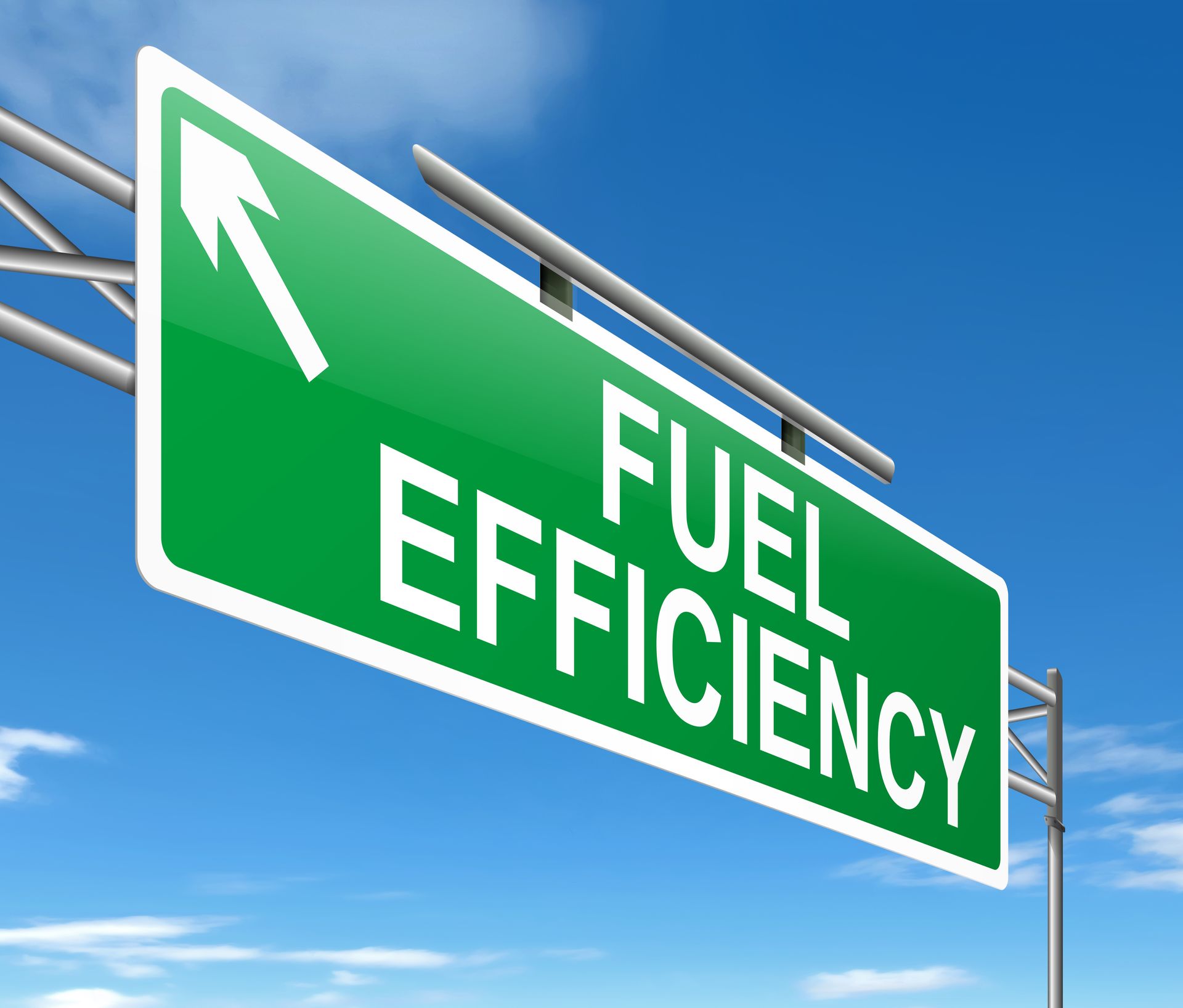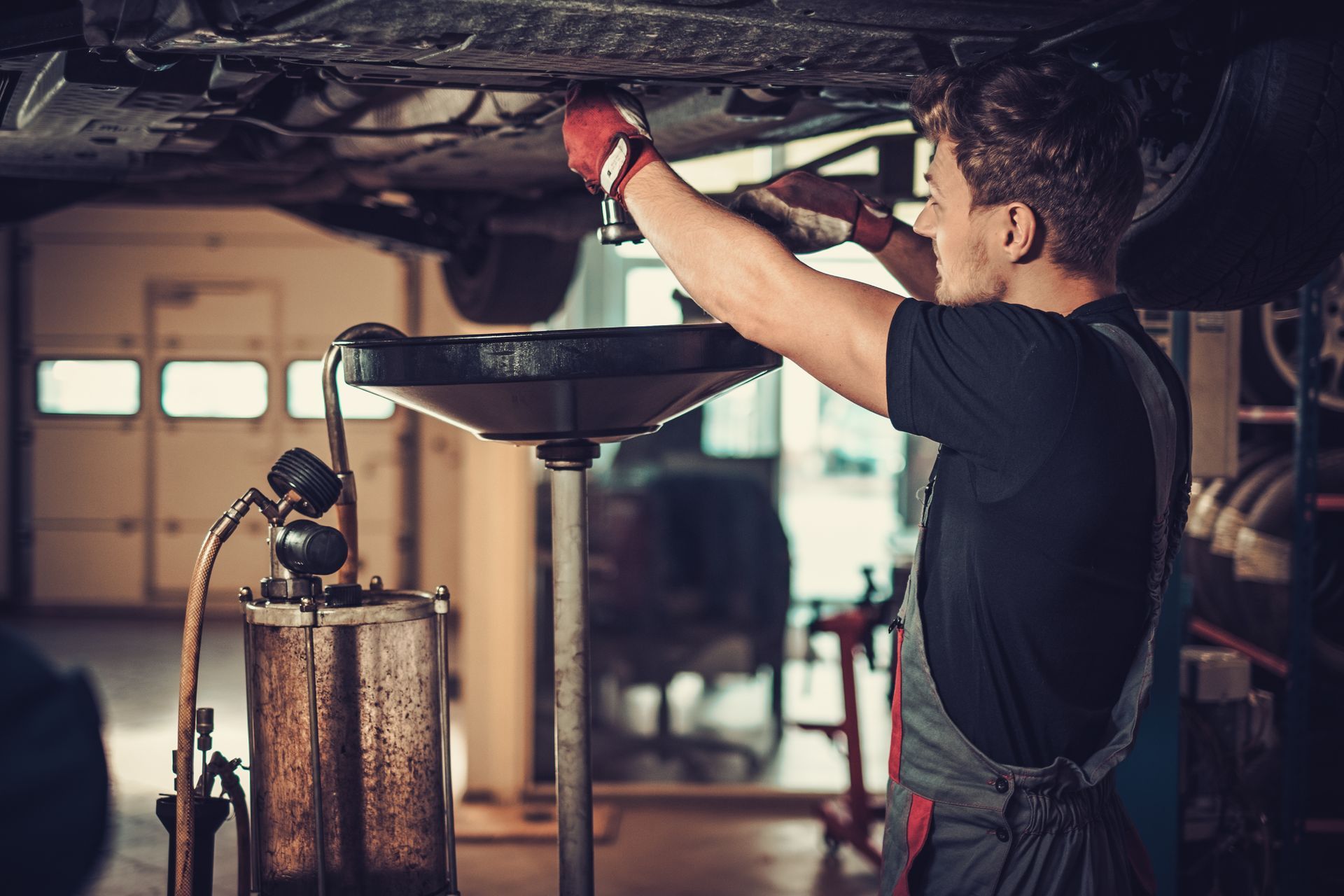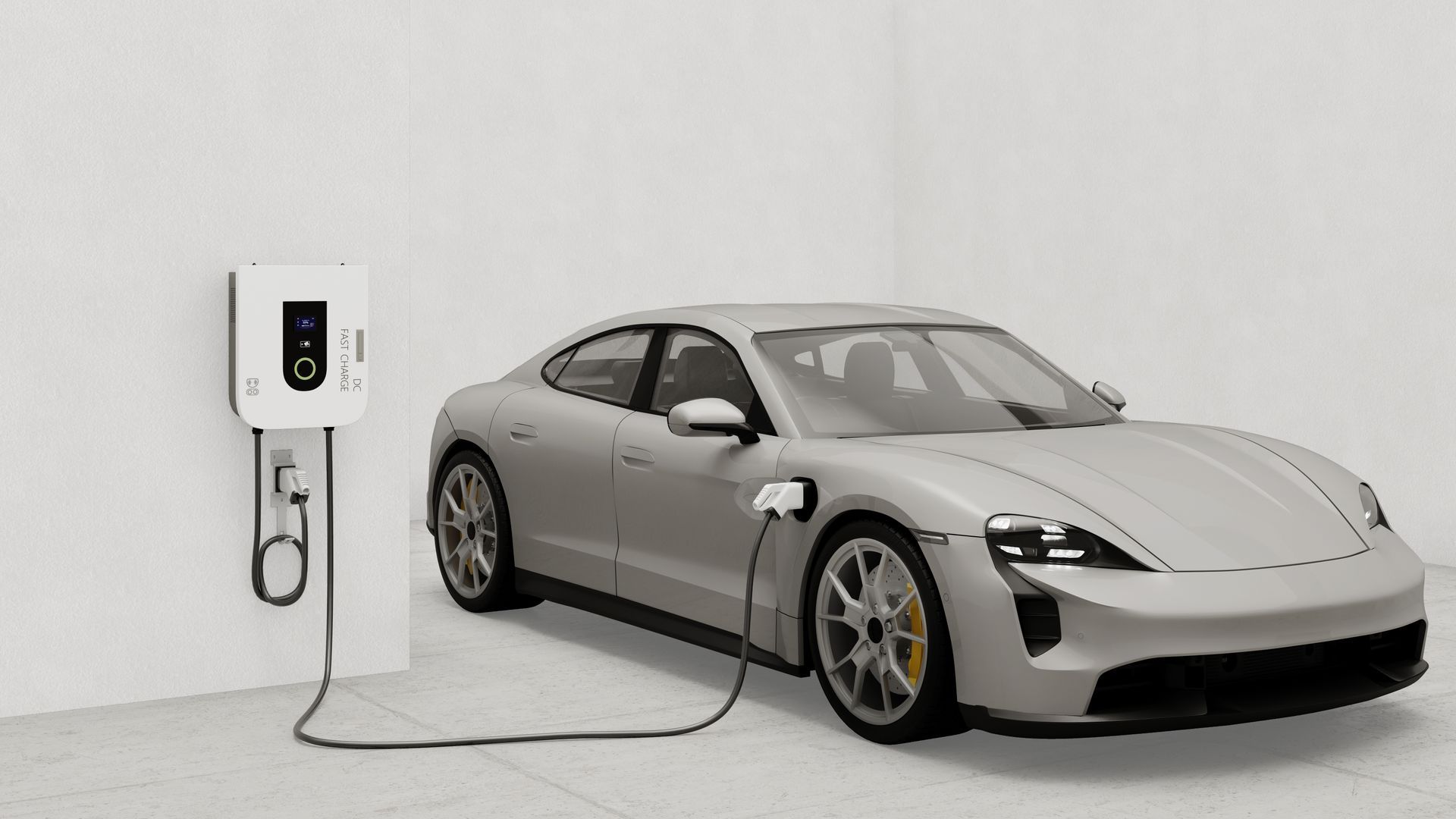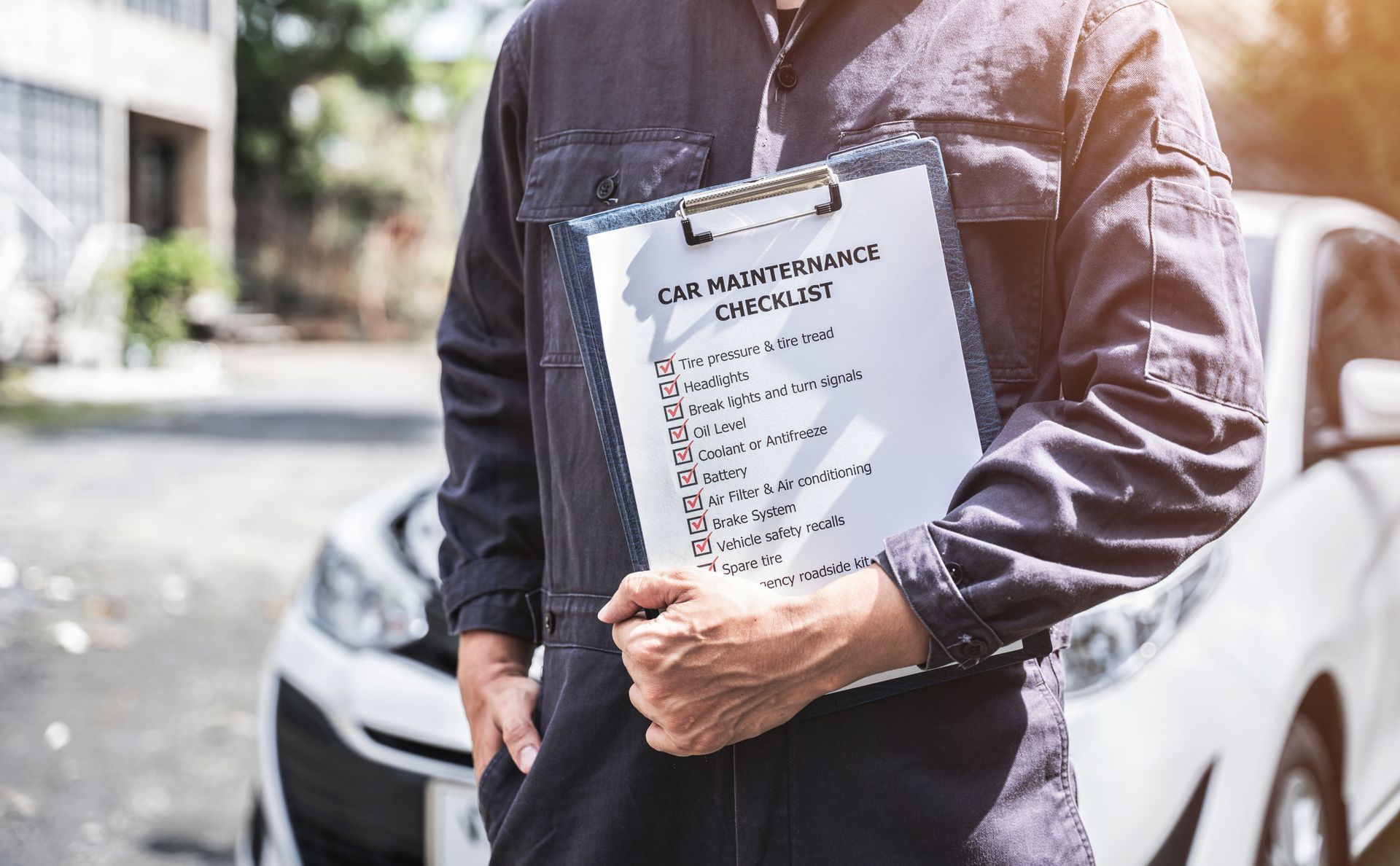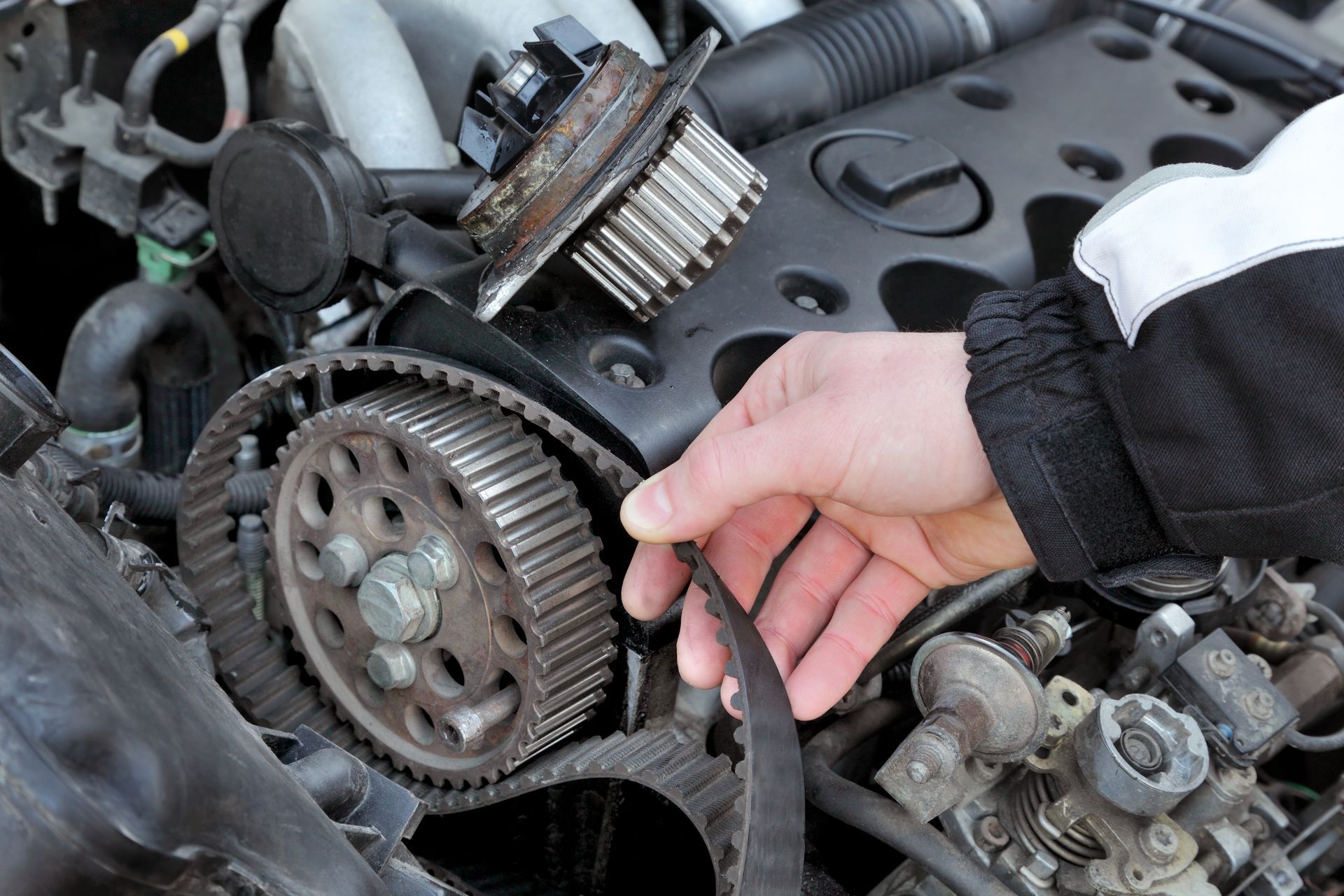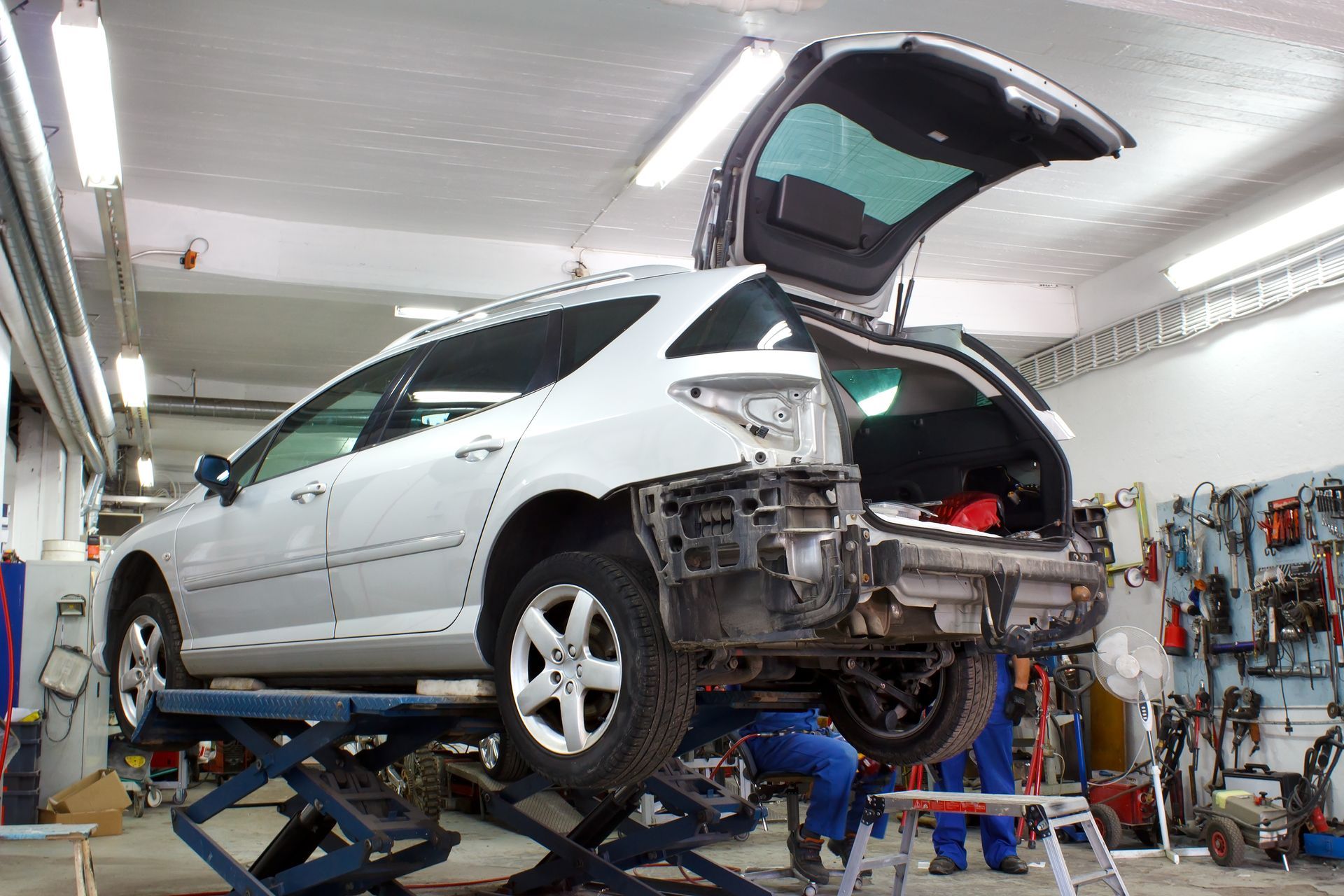Loading ...
Missing business hours data / Error occurred while getting the data.
Loading ...
Missing business hours data / Error occurred while getting the data.
When Should I Get My Brakes Checked?
March 28, 2025
Your brakes aren’t just another part of your car—they’re what keep you safe every time you hit the road. Worn-out brakes can make stopping harder, increase your risk of an accident, and lead to costly repairs if ignored for too long. If you’ve noticed squeaking, grinding, or a spongy brake pedal, don’t wait until it gets worse.
Regular brake inspections help ensure your safety and can prevent expensive repairs. If you’re unsure when to have them checked, paying attention to the warning signs can help you avoid unexpected failures on the road.
How Often Should You Have Your Brakes Inspected
While most automakers recommend a brake check every 12,000 to 15,000 miles, driving habits and road conditions can impact how quickly brake components wear down. If you frequently drive in stop-and-go traffic, carry heavy loads, or travel on steep roads, your brakes may wear out faster.
As a general rule, it’s a good idea to have your brakes checked at least once a year or during regular maintenance visits, such as oil changes or tire rotations. However, if you notice any warning signs, you shouldn’t wait for your next scheduled service—get your brakes inspected immediately.
Signs It’s Time to Get Your Brakes Checked
Squeaking or Grinding Noises
Brakes are designed to make noise when they need attention. If you hear a high-pitched squeal when applying the brakes, it could mean your brake pads are worn and need to be replaced. If the sound turns into a loud grinding noise, your brake pads may be completely worn down, causing metal-to-metal contact that can damage your rotors.
Soft or Spongy Brake Pedal
A brake pedal that feels soft, spongy, or requires extra pressure to stop could indicate air in the brake lines, low brake fluid, or even a failing master cylinder. If your brake pedal feels different than usual, don’t ignore it—braking performance is likely compromised.
Vibrations When Braking
If you feel vibrations or pulsing in the brake pedal or steering wheel when slowing down, it could mean your rotors are warped. Warped rotors reduce braking efficiency and can make stopping more unpredictable, especially at high speeds.
Longer Stopping Distance
When your car takes longer to stop than usual, it’s a clear sign that your brakes are wearing down. This issue could be due to worn brake pads, low fluid levels, or even failing calipers. If you notice that stopping requires more effort or extra distance, get your brakes checked immediately.
Brake Warning Light on the Dashboard
Most vehicles have a brake warning light that comes on when there’s an issue with the braking system. If this light turns on and stays on, it could indicate a brake fluid issue, worn brake pads, or an ABS (Anti-lock Braking System) malfunction. Even if your brakes seem to be working fine, this warning shouldn’t be ignored.
What Happens If You Ignore Brake Problems
Driving with worn-out brakes is unsafe and can lead to costly breakdowns or even accidents. If brake pads wear down too much, they can damage rotors, leading to expensive replacements. Brake fluid leaks can cause a complete loss of braking power, putting you and others at risk on the road.
Ignoring brake issues can also result in uneven tire wear, suspension damage, and reduced fuel efficiency, all of which can lead to higher repair costs in the long run. Addressing brake problems on time helps keep your vehicle in good condition and ensures your safety.
HC Auto and Body Can Check Your Brakes
If you’ve noticed squeaking brakes, a soft pedal, or longer stopping distances, it’s time to have your brakes checked before the problem worsens. Our professionals can inspect your braking system, diagnose any issues, and provide expert repairs to keep your car safe on the road.
Don’t wait until your brakes fail—let
HC Auto and Body in Raleigh, NC, inspect them today! Our experts will ensure your brakes are in top condition so you can drive with confidence. Call us now to book an appointment!
contact us
Having Trouble Finding Us?
Loading ...
Missing nap lines data / Error occured while getting the data.

